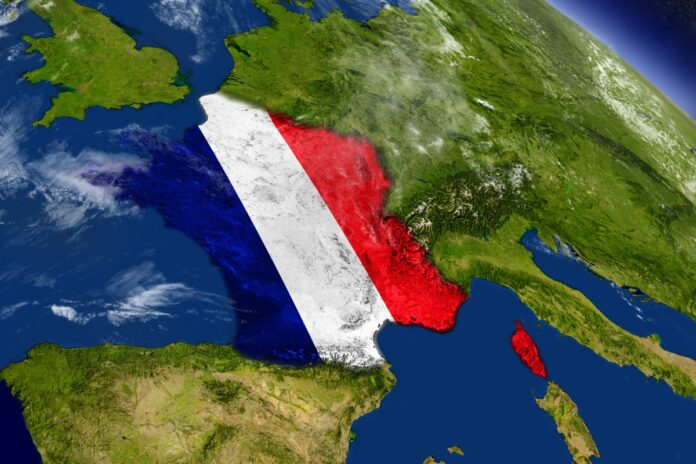The sum of the parts is more valuable says company
French media company Vivendi said its supervisory board approved a plan – first announced in December – to split the group into several entities, but that it now looks to separate into four publicly traded businesses instead of three. The company said it is suffering from a “significantly high conglomerate discount”, substantially reducing its valuation and thereby limiting its ability to carry out external growth transactions for its subsidiaries.
While Vivendi has divested a lot of its telecom holdings over the past decade or so, it still carries some key investments like its Telecom Italia holding – currently in dispute – and subsidiary dedicated to providing very high-speed Internet access in Africa (GVA).
Vivendi said three of its entities Canal+, Havas and Lagardère are all currently experiencing strong growth in an international context marked by numerous investment opportunities. The proposed split will separate these three and add an investment entity that would own listed and unlisted financial stakes in the cultural, media and entertainment sectors. This split would provide each of the four listed companies with the human resources and the financial agility necessary for their development.
Vivendi’s Canal+ Group has experienced significant growth in recent years, reaching a subscriber base of more than 25 million in nearly 50 countries. Following the acquisitions of M7 and SPI, the company has taken strategic stakes in businesses such as MultiChoice, Viu and Viaplay. Advertising and communications group Havas brings together over 23,000 employees spread across more than 100 countries. Lagardère is a worldwide group present in more than 40 countries with over 27,000 employees. It is the third largest book publisher for the general public and educational markets.
The new investment company would actively support the strategic development of its portfolio companies and would focus on value creation and capital return to its shareholders, through “an effective portfolio rotation and a targeted reinvestment policy”.
Vivendi said a new update on the study of the split project will be presented to its supervisory board meeting convened on 7 March, coinciding with the Group’s 2023 annual results. The company’s original plan suggested three entities, but it has now settled on four.
According to Reuters, Vivendi said at the time that the break-up plans aim to boost the valuation of the spun-off units and narrow the discount at which the market values the combined group, which analysts at JPMorgan estimate at around 50% to Vivendi’s sum-of-the-parts valuation. The move could also open up M&A opportunities for Vivendi’s units, the analysts argued, flagging Havas as an attractive acquisition target.



